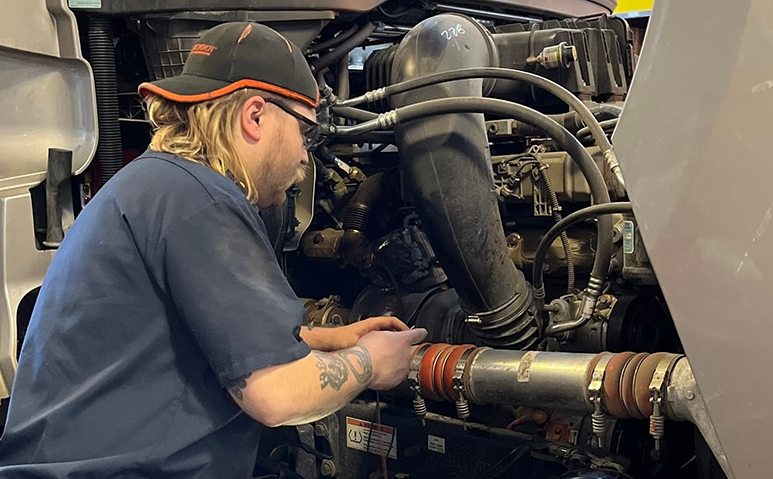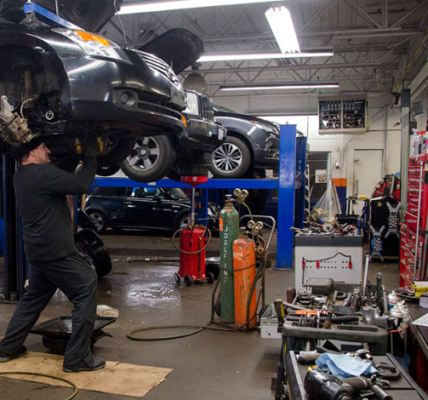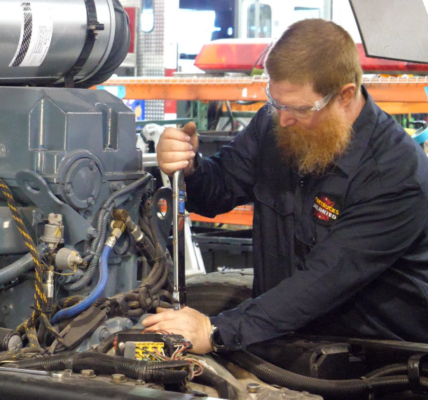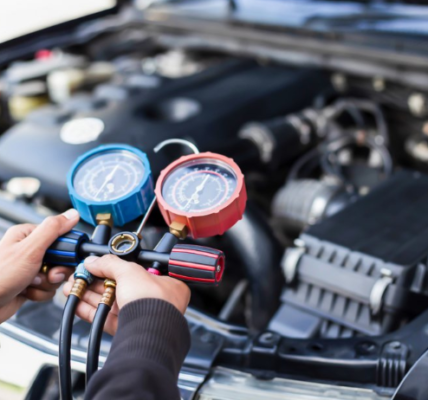Being a diesel engine mechanic isn’t your average 9-to-5. It’s a mix of hands-on work, technical troubleshooting, and plenty of learning as you go. Diesel engines power everything from heavy-duty trucks to industrial equipment and even boats, so keeping them running is critical. If you’ve ever thought about getting into this field or you’re just curious about what it’s all about, here’s a closer look at what it takes to be a diesel engine mechanic and why the job is so rewarding.
What Does a Diesel Engine Mechanic Do?
In simple terms, a diesel engine mechanic repairs, maintains, and rebuilds diesel engines. But there’s a lot more to it than just tightening bolts. These engines are designed for power and durability, but they’re also complex, with systems for fuel injection, turbocharging, and emissions control.
Your day might involve troubleshooting why a diesel generator won’t start, replacing fuel injectors on a big rig, or doing preventative maintenance on a fleet of construction equipment. The variety keeps things interesting, and you’ll never stop learning.
Skills Every Diesel Mechanic Needs
Diesel mechanics combine technical knowledge with practical skills. Here are a few essentials:
- Strong Mechanical Understanding: You need to know how every component of a diesel engine works, from the pistons to the turbocharger.
- Problem-Solving Abilities: Diagnosing an issue isn’t always straightforward. Sometimes the symptoms are misleading, and you’ll need to dig deep to find the root cause.
- Tech Savvy: Modern diesel engines rely on computers and sensors, so you’ll need to work with diagnostic tools and software like Cummins Insite or CAT ET.
- Physical Stamina: Diesel engines are big, heavy, and require a lot of physical effort to repair. You’ll also spend hours on your feet or in awkward positions.
- Attention to Detail: One missed bolt torque spec or improperly aligned part can lead to major problems down the line.
Challenges of Working on Diesel Engines
Let’s be honest—this job isn’t for the faint of heart. Here are some of the biggest challenges you’ll face:
- Heavy Lifting: Diesel engine components are massive. Even with cranes and lifts, you’ll need to move around heavy parts like cylinder heads and crankshafts.
- Complex Systems: Modern diesel engines have advanced emissions systems like diesel particulate filters (DPFs) and selective catalytic reduction (SCR). Diagnosing these systems can be frustrating without the right tools or training.
- Dirty Work: You’re going to get greasy, oily, and sweaty. If you’re not comfortable getting dirty, this might not be the job for you.
- Tight Deadlines: When a truck or piece of equipment is down, it’s costing someone money. The pressure to get it running again quickly can be intense.
Tips for Thriving as a Diesel Engine Mechanic
- Invest in the Right Tools: Good tools make all the difference. Start with basics like a heavy-duty torque wrench, impact sockets, and pry bars. Over time, add specialized tools like injector pullers and diagnostic scanners.
- Keep Learning: Diesel technology is constantly evolving, especially with stricter emissions standards and the rise of hybrid and electric systems. Take training courses and get certifications to stay competitive.
- Focus on Diagnostics: The better you are at diagnosing problems, the more valuable you’ll be. Learn how to use diagnostic software and understand how to interpret error codes.
- Network with Experienced Mechanics: Mentors can teach you shortcuts and techniques that books or videos can’t. Don’t be afraid to ask questions.
- Stay Safe: Use proper lifting techniques, wear personal protective equipment, and never rush a job at the expense of safety. Your health is more important than any deadline.
What Makes This Job Worthwhile?
Despite the challenges, being a diesel engine mechanic is incredibly rewarding. You get to solve problems, work with your hands, and see the immediate results of your efforts. Few things are as satisfying as hearing an engine roar back to life after you’ve fixed it.
The job also offers stability and good pay. Diesel mechanics are always in demand, especially as industries like transportation and construction rely heavily on diesel-powered equipment. With experience, you can specialize in areas like marine engines, generators, or fleet management, opening up even more opportunities.
Is This Career Right for You?
If you enjoy working with your hands, solving puzzles, and don’t mind getting a little dirty, being a diesel engine mechanic could be a great fit. It’s a challenging but rewarding career that keeps you learning and engaged every day. Plus, there’s a sense of pride that comes with knowing your work keeps industries moving and equipment running smoothly.
So, grab your wrench, roll up your sleeves, and dive in. Diesel mechanics don’t just fix engines—they keep the world turning.








